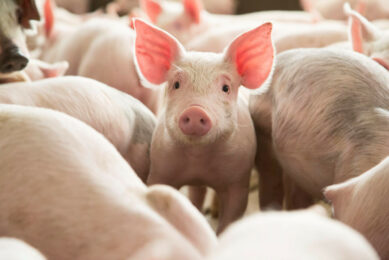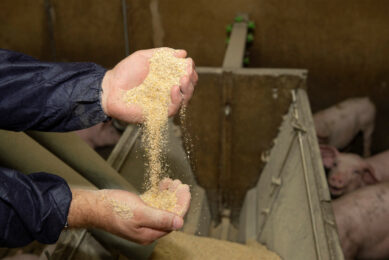Benefits of biological farming studied
Both animal welfare and environment profit from biological farming, two Dutch studies show.
The studies, conducted by Wageningen University and Research Centre, claim
biological farming is better for animals and environment than conventional
agriculture. Environmentally, energy use and greenhouse gas emission per hectare
is lower with biological companies, the studies
show.
Housing
Housing animals biologically causes more natural
behaviour, especially in pigs and poultry, when compared to conventional
methods. Biological pig and poultry farming are very different from conventional
farming as the housing method allows the pigs to root and explore. In addition,
no pig tails are cut as tailbiting – said to be caused by boredness – is less
common. In pens being more spacious and straw-bedded, the animals are less
aggressvie than their fellow pigs in smaller, plainer housing.
More
biological meat sold
Coincidentally, figures were released in the
Netherlands that in 2006 Dutch consumers bought about 5% more biological meat in
comparison to 2005. Altogether, Dutch consumers paid €57.6 million for
biologically produced meat. About 20.5% (equalling to €11.8 million) of that was
for pork, 18.6% (€10.7 million) for poultry. Most money was spent on
biologically produced beef.
Related website:
Wageningen University and Research Centre
To receive the AllAboutFeed newsletter click here.












